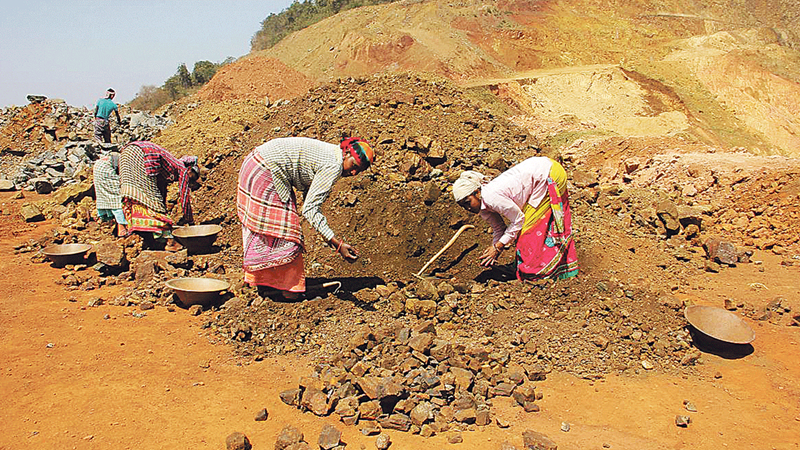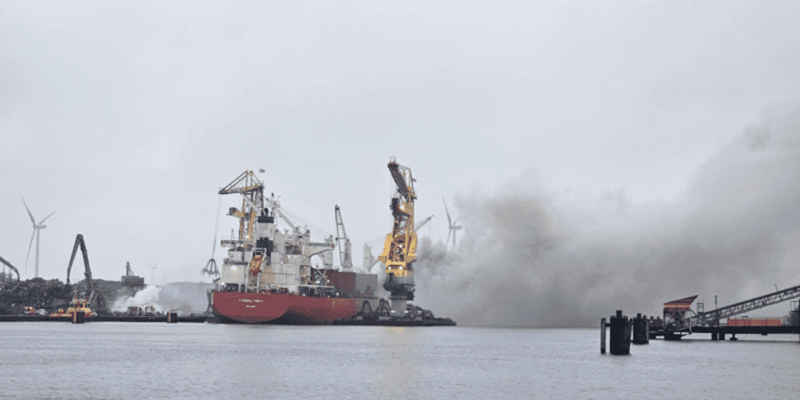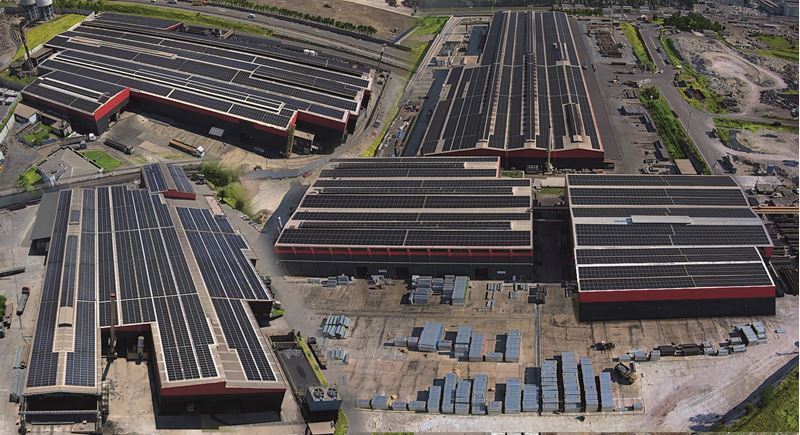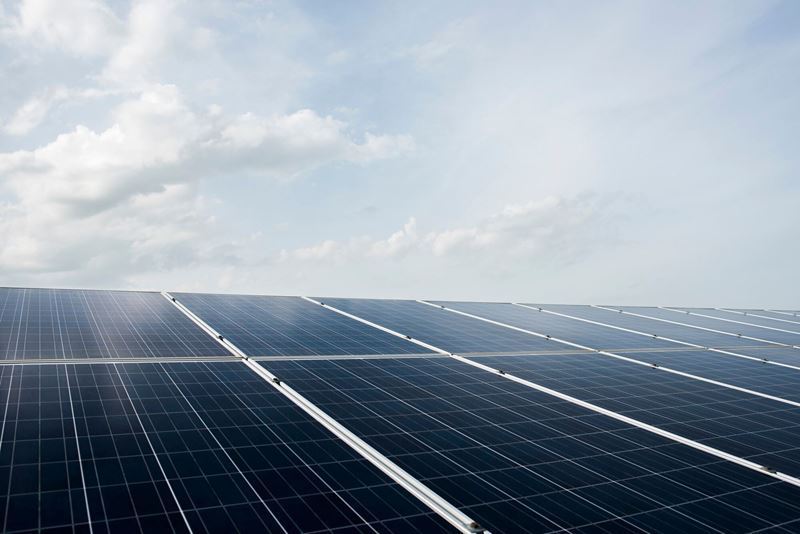This strategic initiative aims to reduce rail logistics costs by 14% and significantly reduce CO2 emissions by the end of the decade. SPEL takes an analytical approach to assess the current supply and demand dynamics of iron ore and provides a roadmap of the industry's needs and strategy for FY 2030-31 and beyond. This forward-looking strategy aims to equip the steel sector for future growth, enabling logistics infrastructure to adapt to expected market changes.
One of SPEL's key objectives is to achieve a 14% reduction in rail logistics costs, with a particular focus on coal logistics. The plan also includes significant environmental benefits and foresees a potential reduction of 100,000 metric tons of CO2 emissions per year by fiscal year 2030. This environmental impact will come from optimizing rail routes and shifting to rail transport, which is generally more efficient and produces fewer emissions.
The near completion of the SPEL project by the Indian Ministry of Steel marks a significant advance in facilitating the logistics of key industrial materials. With bold targets to reduce costs and cut CO2 emissions, the plan underscores a commitment to both economic efficiency and environmental sustainability. SPEL's forward-looking vision has the potential to take India's steel industry to global levels of competitiveness while embracing ecological responsibility.











Comments
No comment yet.